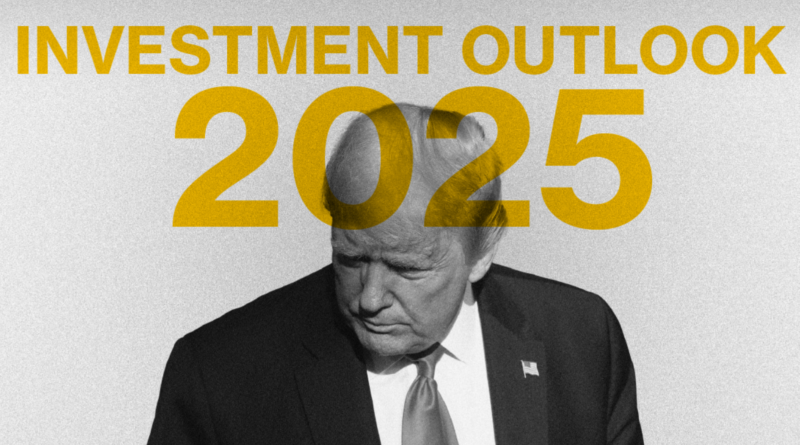WHY THE 2025 US ELECTIONS MATTER FOR GLOBAL TECH INVESTORS?
The 2025 U.S. elections are shaping up to be one of the most consequential in recent history not just for Americans, but for global tech investors. With the world increasingly driven by innovation, AI, data regulations, and geopolitical competition, the next U.S. administration’s stance on technology will significantly impact global markets. The policies made in Washington will ripple through Silicon Valley, Wall Street, Bengaluru, Shenzhen, and beyond.
One of the most critical issues is AI regulation and innovation policy. As artificial intelligence rapidly transforms industries, the next U.S. president will play a key role in setting ethical, legal, and economic boundaries. If the new administration takes a strict regulatory approach, it could slow innovation and hurt companies like OpenAI, Google, and Nvidia. On the other hand, a more innovation-friendly government could turbocharge AI startups and attract global capital.
U.S.–China tech tensions are another reason why global tech investors should watch the elections closely. The U.S. government’s export bans on advanced chips to China, restrictions on TikTok, and rising scrutiny of Chinese investments have already shaken global supply chains. A president who supports decoupling from China could further divide the tech world into East and West, influencing where companies choose to operate and invest.
Another key area is data privacy and digital antitrust laws. The U.S. is under increasing pressure to regulate Big Tech’s control over user data and digital ecosystems. Both Democrat and Republican candidates have floated stricter antitrust and privacy laws. This could impact major U.S. firms like Meta, Amazon, and Apple, and cause ripple effects in global markets that rely on U.S. tech platforms for revenue and infrastructure.
Clean tech and semiconductor investments are also tied to U.S. policy. With global demand rising for electric vehicles, smart grids, and green computing, the U.S. government’s approach to clean energy innovation, subsidies, and semiconductor manufacturing (like the CHIPS Act) will affect global investment strategies. International investors looking at ESG (Environmental, Social, Governance) sectors need to understand how a new administration could shift priorities.
Cybersecurity and defense tech spending is expected to increase no matter who wins, but the scale and scope will differ. A conservative-led administration may focus more on military applications and defense contractor support, while a liberal government might emphasize civilian cybersecurity, infrastructure, and digital rights. For tech investors, especially those in cybersecurity startups and defense AI, this distinction is vital.
Even immigration policy plays a role. The U.S. tech sector heavily depends on foreign talent, especially from India, China, and Europe. A government that eases visa restrictions and encourages skilled immigration can keep U.S. tech firms competitive, which boosts investor confidence globally. Tighter immigration policies, however, may reduce innovation and increase labor shortages in the tech sector.
In conclusion, the 2025 U.S. elections are not just about domestic politics they’re about the future direction of global technology. Whether you’re investing in cloud infrastructure, AI startups, semiconductors, or cybersecurity, the White House will influence the regulatory landscape, funding flows, global alliances, and innovation priorities. Global tech investors would be wise to watch every debate, policy pitch, and campaign promise very closely




